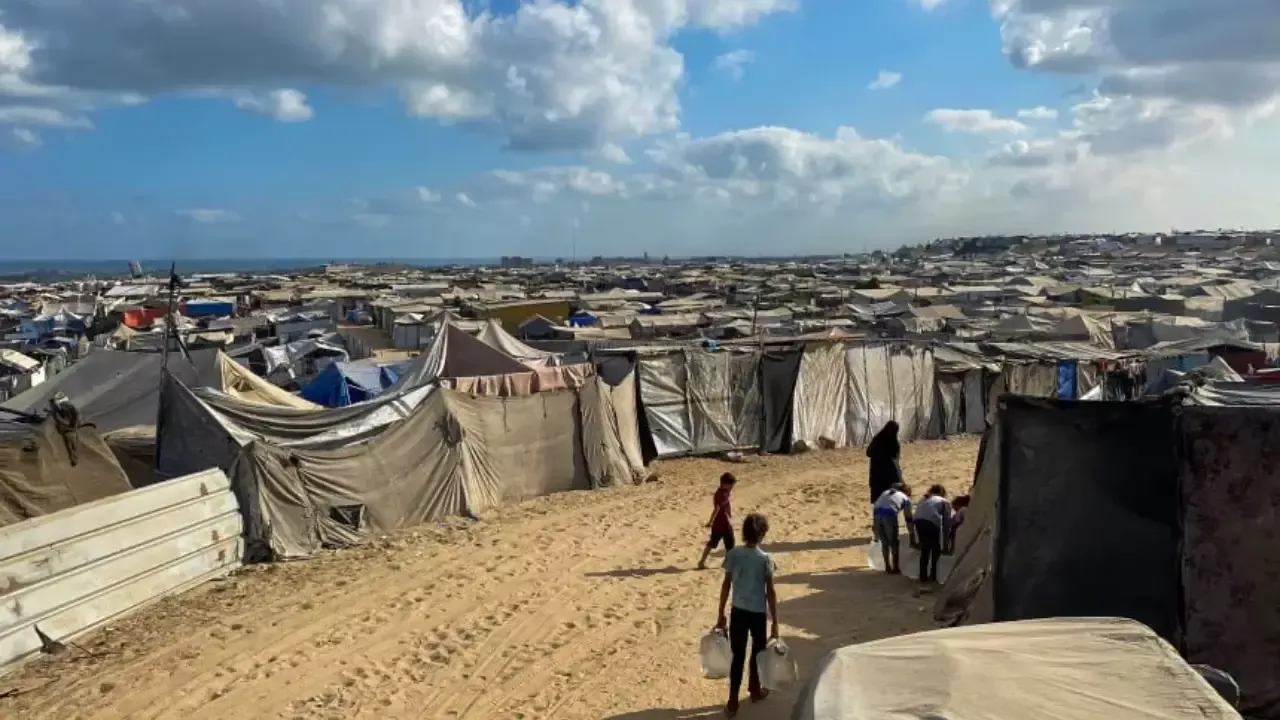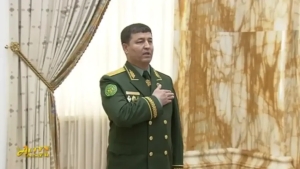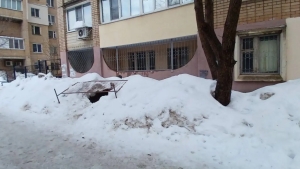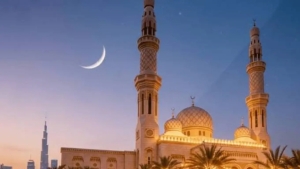Israel is discussing relocating Palestinians to South Sudan

Information has emerged that Israel is conducting negotiations on relocating Palestinians from the Gaza Strip to South Sudan. This was reported by Zamin.uz.
This initiative is seen as part of large-scale efforts aimed at mass relocation of the population from the area devastated by the 22-month-long war against HAMAS. Political debates on the topic are intense, and explanations contradict each other.
According to Israeli Prime Minister Benjamin Netanyahu, US President Donald Trump proposed the initiative to relocate part of the Gaza population. This process is presented as "voluntary migration."
Additionally, Israeli officials have raised proposals to resettle Palestinians in other African countries. Official statements call this path a "developed roadmap," but critics strongly condemn this approach.
In an interview with i24 channel, Netanyahu assessed the population relocation as a correct decision in accordance with the laws of war and said that this action allows a strong attack against the enemy. Although these views are based on security considerations, sharp debates continue among the public regarding its consequences.
Palestinian representatives, human rights organizations, and much of the international community reject these proposals as plans for forced population transfer violating international legal norms. In their opinion, there is no real free choice under the so-called "voluntary" relocation conditions, and this may lead to humanitarian violations.
The South Sudan Ministry of Foreign Affairs called reports about negotiations with Israel on relocating Palestinians "unfounded." The lack of official documents and confirmations, as well as varying interpretations of sources, complicate the situation further.
A US State Department representative stated that they would not disclose information about diplomatic talks. This position aligns with the culture of negotiations behind closed doors.
As a result, on one side, the process is called "voluntary migration," while on the other, criticisms equate it to forced relocation. South Sudanese officials deny such negotiations, which intensifies debates within the framework of international law and human rights.
Each new statement and hint may play an important role in shaping future political decisions.







